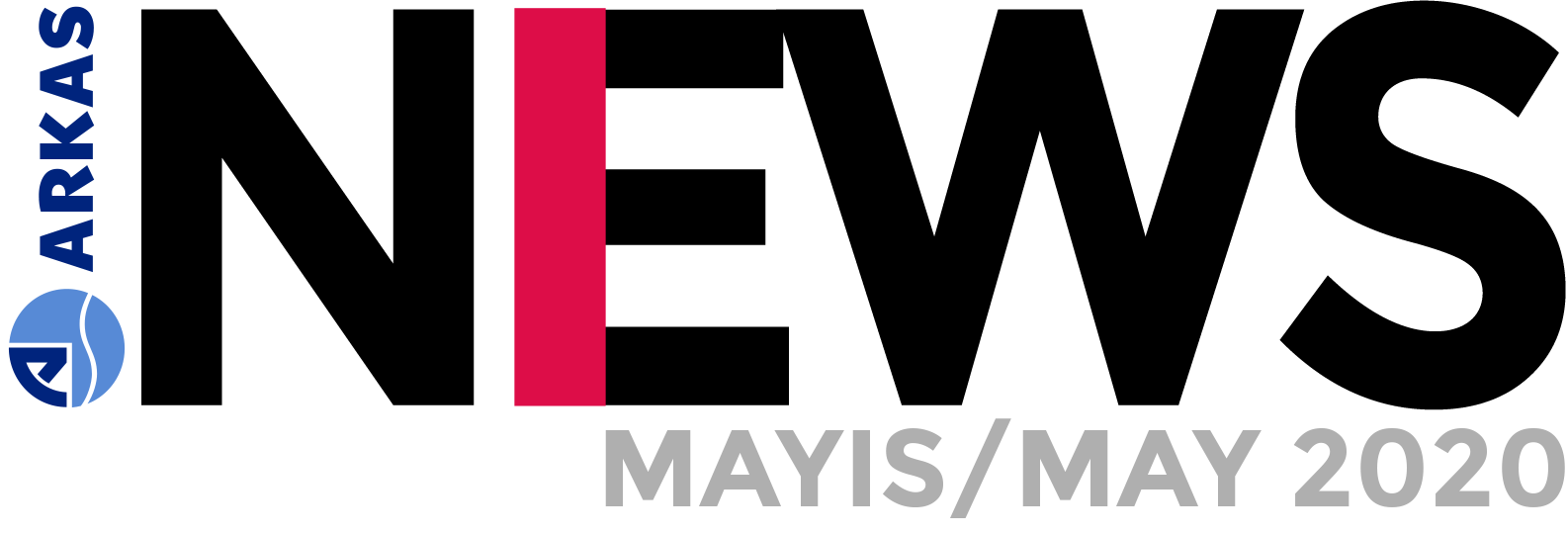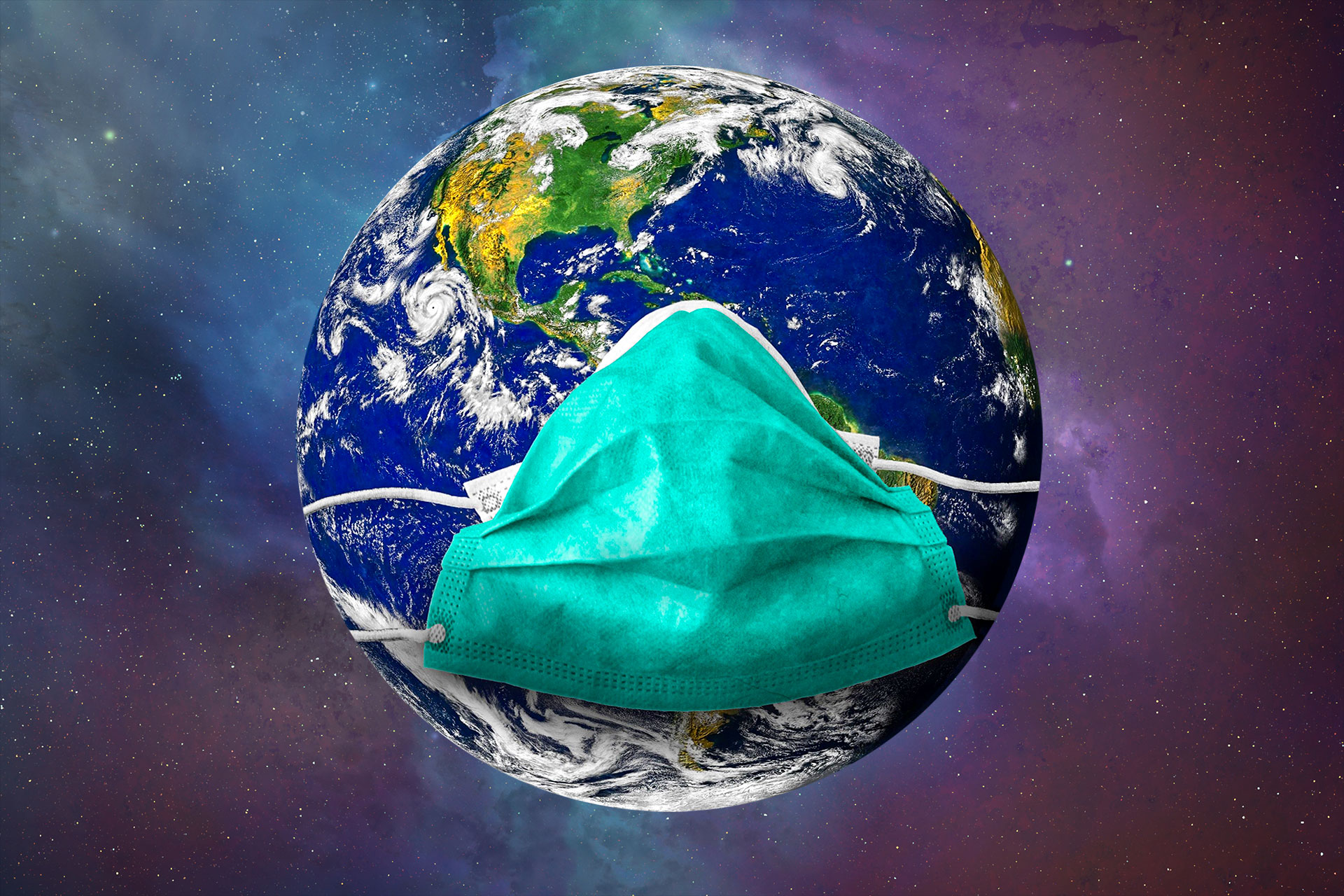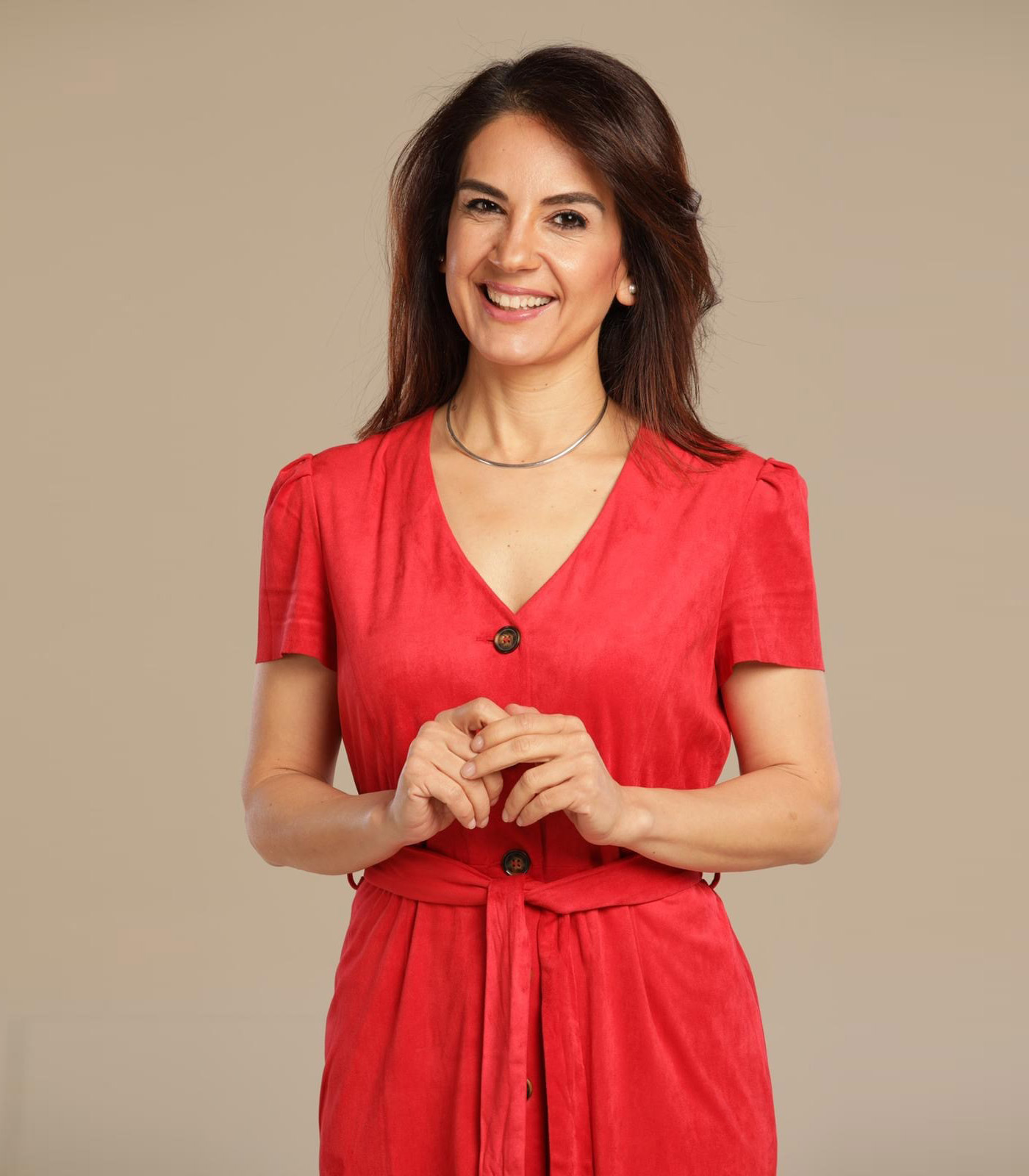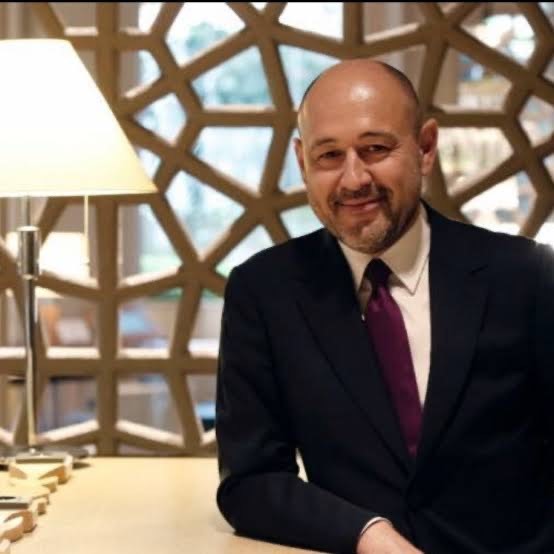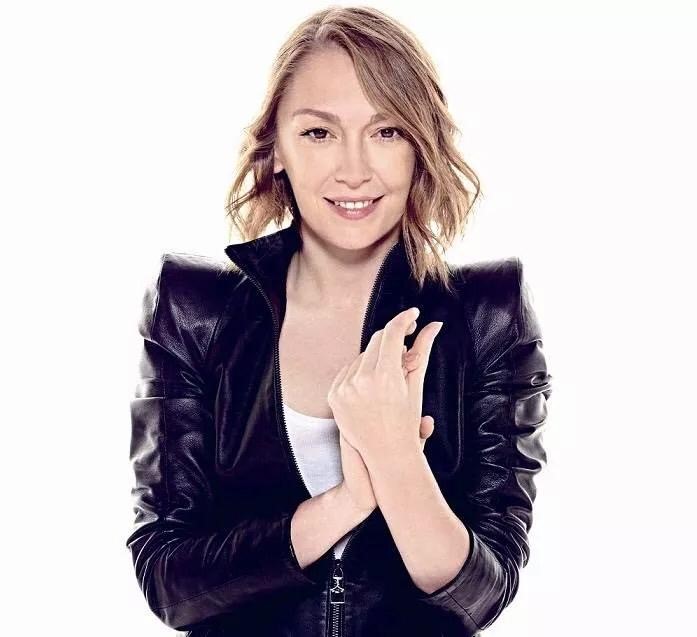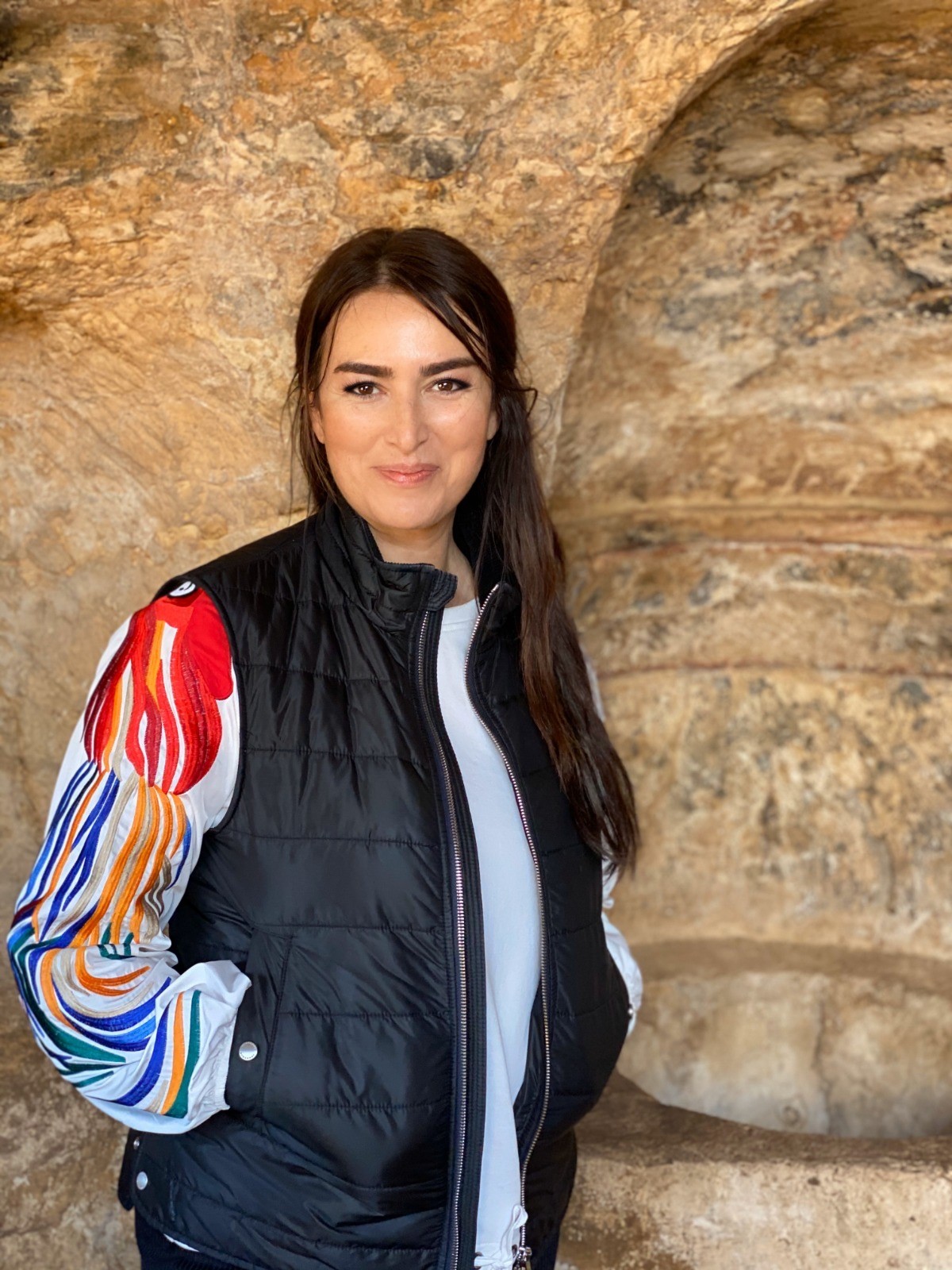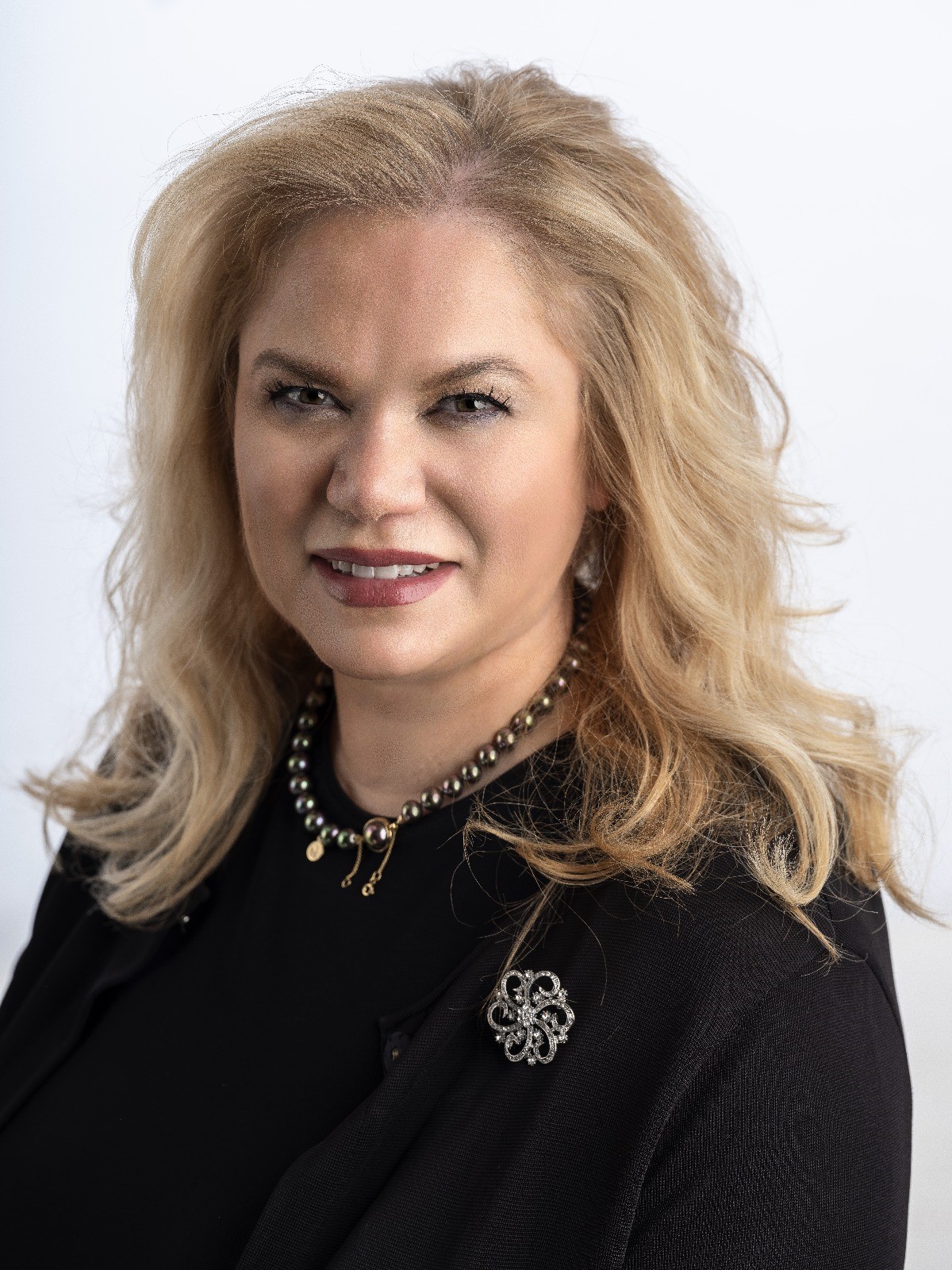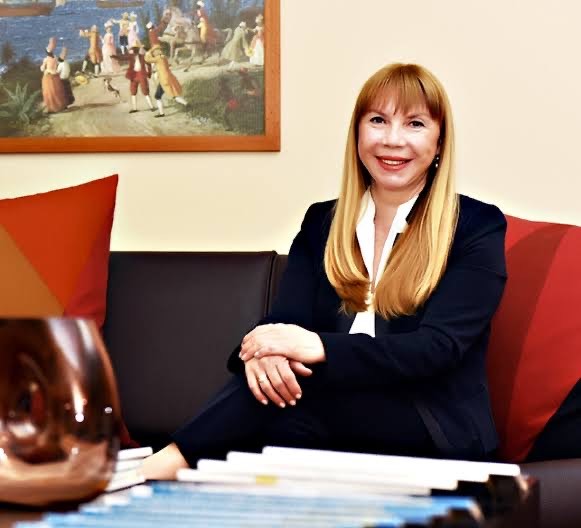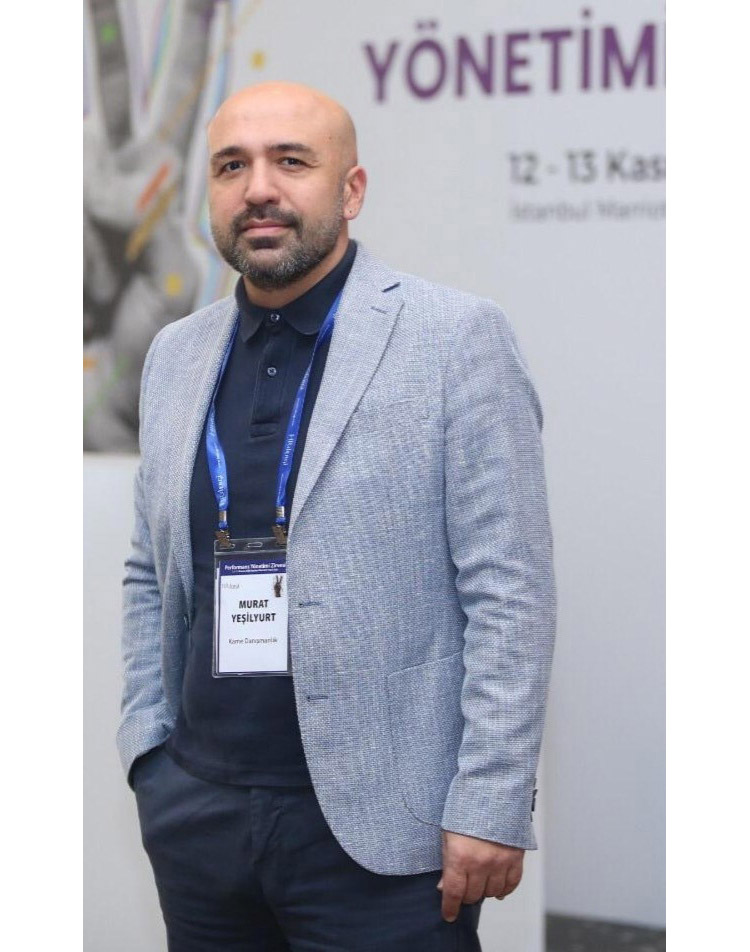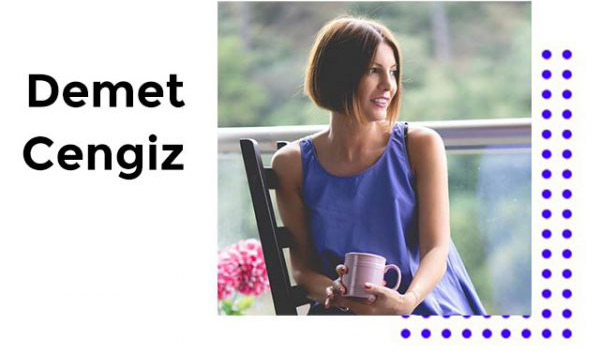
The Covid-19 outbreak has changed most of our behaviors and understanding about life in the past few months. We distance ourselves from our beloved ones to protect them; we avoid hugs and kisses. We engage with our family from a distance and share digital conversations with friends. Some of us deal with loneliness in our physical isolation, while others have to share a tiny space with other people. Since everyone has different conditions, the ways we are tested, and the things we learn also differ.
Individual experiences and inferences, indeed, differ; however, all or most of us experience similar changes during the outbreak. Not being able to work at an office, visit any family members or relatives or not being able to go to a restaurant or a cafe or to the gym, sweating after an intense exercise… Socialization by simply going out is taken away, and our smart business outfits are confined to our wardrobes. Well, we may even no longer know why we got those high-heeled shoes in the first place. And there is no need to put any makeup on now. We are now our own hairdressers, sorting out our hair and dyeing.
It is a time when we better appreciate the value of some of the traditional habits such as keeping a storeroom in the house, stocking food to suffice for several months, conserving food and making pickles, avoiding waste, showing gratitude to nature for a simple peach it grants or a sack of flour, longing for balconies or gardens, appreciating the value of living a life closer to the earth while stuck inside the high-rise buildings.
Everyone is now the chef of their home, or its baker. We are now cleaners, doctors, and nurses. We are now rising dough, fermenting yogurt, cooking, taking our temperature, observing those who cough. We are witnessing a breakthrough in the use of technologies, considering how we now hold teleconferences, have video calls and online training sessions, or how we shop online.
Museums, exhibitions, and concerts currently take place in our houses. We enjoy films and TV shows more than before. We now have so much time on our hands that part of it is inevitably spent in a quality manner. We read more, learn more, and research more.
Those who used to be estranged from each other reconnect and the wounds in relationships heal. We find new ways to connect with ourselves, partners, parents, children, relatives, neighbors, our country, and the world, as well. Our self-centered approaches are replaced by a people-centered approach. This is because no one is safe until everyone is safe.
The outbreak of coronavirus created ‘new normals’ in all aspects of life including trade, fashion, relationships, education, culture & arts, nutrition, our diets, entertainment, etc. Let’s see how our new normals will be like in the post-corona era. Prominent figures, who are experts in their respective fields, delivered their considerations regarding this period and the aftermath, and we provide them below.
Simplicity will prevail with a ‘less is more’ approach
Saffet Emre Tonguç – Historian/Travel Writer/Professional Tour Guide
Virtual tourism has been introduced with the outbreak of coronavirus. People can now reach all corners of the planet via smartphones, computers, and TV.
A new world order emerges. Less is more now. Simplicity prevails. 2020 is a lost year. Mobility isn’t coming back soon. People will avoid the crowds. Increasing the occupancy rate will be a challenge for giant hotels that offer all-in-one services. No one will prefer all-you-can-eat buffets anymore. Hotels will employ more people for service. Measures may include keeping rooms empty and disinfected for a day at the end of each stay. Costs will increase, as a result.
People will prefer destinations they can drive to, rather than flying. Boutique hotels that manage to maintain social distancing will have more benefits. Nature holidays will be more in demand. People will go sunbathing on a valley or along a lake instead of a beach filled with hundreds of others.
Providing income will be a bigger concern than going on a holiday since many in the world are estimated to lose their job due to the outbreak. Cruise ships serving numerous guests in a more concentrated area may not be popular as they used to be.
Home cooking – the ideal culinary model
Dilara Koçak – Nutritionist and Dietician
Home cooking has been our number one priority. We not only experiment with new recipes but also enjoy posting photos of what we make on social media. Many people just go to the kitchen for the sake of posting photos only. Social media affects our habits in many ways. If you have seen a food picture in the last 20 minutes, that can affect your appetite and which dishes you choose.
Home cooking, especially when we make healthy stew dishes, is a pretty ideal diet model for our health and nutritional needs of our kids. The same goes for home baking. When you consume the right amount of sourdough bread made from whole-wheat flour, you will not put on weight. On the contrary, it will keep you fuller for longer.
We would recommend a culinary model that includes baking bread, making pickles, fermenting yogurt, fermenting kefir, preserving food, preparing tomato sauces, or spices depending on the season. Perhaps, the Covid-19 outbreak can be turned into an opportunity to raise awareness about this way of using our kitchens. The future lies in tradition!
The importance of social state and local production is now even more evident
Sinan Öncel – Chairman of the United Brands Association of Turkey and Founder of Twigy
Trade has been reshaped during the coronavirus outbreak. Shopping malls are all shut down, and almost all shopping is now online. Restaurants are shut down, while some serve deliveries. Upon the curfew imposition for citizens aged 65 and over in Turkey, online shopping is indispensable. A change that would normally take several years has happened merely in a month. Online sales companies all over the world have announced vacancies for thousands of people.
The importance of social state is more evident now. The state will regulate markets more extensively and invest much more in the healthcare system in this new order of the world. All countries have now discovered the importance of minimizing foreign dependency. Local food products, industrial and technology products are valued more now. It turns out that being able to produce your own ventilator is actually vital.
Imposing an embargo on China doesn’t seem to be likely in the aftermath. This is because China serves as an exporter and importer for many countries. It is well integrated into global trade; therefore, it may not be wise to suddenly terminate connections with this country, with outrage.
Millions of people will unemployed in the world. I believe that a significant number of people will go back to the roots and engage in soil, agriculture, and livestock works.
We will develop a new understanding of the word “consumer”
Arzu Kaprol – Designer
It is pretty obvious that a life without respect to the whole will not be possible. The foundations of the realm of fashion will be rocked. ‘Sustainable fashion’, a recent movement, will be truly indispensable. We will purchase less while seeking more quality. We will need to know where, when and under which conditions a thread or fabric is produced and sewed, by whom, and even the costs associated therewith. Fair-trade will be mandatory.
The amount of many raw, pure, and recyclable materials, such as cotton and wool, is decreasing. Fashion designers must go beyond mere clothing design and undertake the design of each and every phase. Sustainable production will be the first stage in the process of using resources properly. Investing in long-lasting memorable clothes is a core criterion in a sustainable fashion.
The parameters of the consumption process will be redefined, as with those in production. As the entire humanity, we have learnt, with a challenging test, that no resource lasts forever. We may even develop a new understanding of the word ‘consumer’. Conscious use will replace the concept of consumption. Life is simplified and becomes crystal-clear. We all witness this together. Good riddance!
Making sure anxiety does not turn into depression
Prof. Dr. Özgür Öztürk – Psychiatrist
Adaptation is one of the biggest skills humans have, but we cannot know what to adapt to in this process, nor we know how long it will be. Uncertainty makes it more difficult to adapt. That the world may change in its entirety is another source of anxiety. Citizens have more confidence in government in some places but the swiftness to get back to normal there seems to be less. Lack of confidence in information flow increases uncertainty.
This process mainly marks anxiety disorders. People ruminate over themselves and end up with troubles when life fails to serve a road map or daily activities are no longer there. An anxiety disorder may lead to depression. Continuation of the pandemic may result in severe incidents of depression, considering that, on top of a viral pandemic, there is an anxiety pandemic.
Maintaining our daily routines can be helpful in this process. Do not spend your entire day at home with pajamas or nightclothes on. When you wake up, take a shower, shave, brush your teeth, get dressed, listen to some music before checking the news, have your breakfast, call your beloved ones.
Can’t go to a restaurant? Let it visit you instead
Ebru Erke – Gastronomy Author, Hürriyet Daily News – Editor-in-Chief at Food and Travel
When an event rocks the economy, the first places abandoned are the restaurants, bars, and clubs. The industry is familiar with such situations; however, it is a bit different now. Everyone had to shut down their business.
Restaurants and chefs resorted to homes to keep their business up and running during the quarantine. In fact, some restaurants in the United States offer food delivery with flowers, candles, napkins, and wine that matches with the meal alongside a special playlist so that customers can enjoy a unique ambiance at home with music. Special service from chefs and sharing playlists is not unusual here in Turkey as well.
Some chefs now deliver ingredients together with recipes, and the rest is for you, which is simply to cook them.
A movement has emerged in the United States. You can purchase your future meal the same way you get a ticket for concerts or events. This contributes to the continuity of salary payments and helps people pay their rents. José Pizarro is among those chefs who turned their restaurant into an online marketplace to sell ingredients.
A mandatory digital period unfolds for culture & arts
İhsan Yılmaz – Culture & Arts Editor, Hürriyet Daily News
Digital channels are adopted for book sales and exhibitions, while concerts are live-streamed, reaching millions of people. Social media hosts a large number of live broadcasts and #StayHome concerts. Numerous stars performed at the concert ‘One World: Together At Home’, including Billie Eilish, Lady Gaga, Paul McCartney, Andrea Bocelli, Elton John. Billions of people watch online performances at home now.
These times foreshadow what may happen in the future. It is obvious that culture and arts consumption will be dramatically affected. This is a test version of the post-corona era. The digital shift in arts consumption is not surprising as a future development; however, we have suddenly found ourselves amidst this new phase.
All museums and galleries now convey exhibitions to the digital environment by leveraging the latest technologies. From now on, digital access will be as important as physical visits for any new exhibition to open. The same applies to all art events including concerts and plays.
Socialization is an essential need, and arts consumption has a major role and place in it, which is beyond question. I am not sure if events will soar and sell out or long queues will be spotted at museums once things get back to normal, but a majority of people will be perhaps unwilling to abandon the comfort of this ‘new normal’.
Not only the world, but also education goes through a test
Nuran Çakmakçı – Education Service Manager, Hürriyet Daily News
Schools have undoubtedly been the quickest and best adopters of this period. The Ministry of National Education deployed the Education Information Network (EBA) at the earlier stages of the pandemic under a partnership with TRT (Turkish Radio and Television Corporation). The ministry had a contract with several companies to provide a free-of-charge network. In the meanwhile, parents have extended tremendous support to their children. Some students put on their school uniforms to keep following the school format and some even started the lessons with the Turkish National Anthem, while some others sat in front of the TV with their notebooks. We used to keep our children away from computers in case of excessive gaming, and there would be a series of negotiations for us to let them play those games, whereas today, we almost beg them to go and sit at a computer desk. Some concerns were raised as to the adequacy of the infrastructure; however, it has been up and running seamlessly so far. In fact, most of the private schools have adopted interactive education. Classes are created in a virtual environment.
Unfortunately, universities were intended to pioneer interactive education, but it did not fully work out for them. This is perhaps due to the large volume of programs and course content to handle. Moreover, some departments, such as architecture, require practical involvement. Universities shut down their entire campus in the second semester. They will manage midterms and final examinations autonomously. Nevertheless, most of them strive to tackle this issue through project-based assignments.
Students will go through a tough time for a while and seek novel solutions. These are testing times for our world but the more we keep education alive, the more helpful it will be for everybody.
Reflections on the relationship with ourselves
Rana Şen – Psychologist
People will die from anxiety, not from Covid-19! There is way too much anxiety. How can we overcome this? There are five stages of trauma: denial, anger, bargaining, depression, acceptance. It is important to identify which stage one is at. A new routine should be created.
When we are severely disconnected from the outside world, we focus more on the relationship with ourselves. We all have an inner voice. If that inner voice is positive, then we have a good time. When that inner voice negatively criticizes and scares us and causes anxiety, there comes the trouble. Now we eat junk food, consume alcohol, or arrange video calls to shut down that inner voice that we used to hear less when we were socializing.
Everyone started to work remotely from home. Partners are inside, seeing the office space of each other. There are families extended by temporarily moving in with parents. I hear about incidents where mothers resent their daughter for not sharing a coffee with them because of working all day, or people who are disturbed by their partner walking barefoot at home. Shrinkage of personal space and staying together continuously leads to intolerance. Everything sticks out like a sore thumb. Conflicts may arise among couples, family members, or roommates due to differing hygiene approaches. It is a challenging time for all kinds of relationships.
Remote adult education continues, too
Murat Yeşilyurt – KAME Danışmanlık
Changes in humans’ lives have a direct impact on adult education, also known as andragogy. As a matter of fact, andragogy changes due to the Covid-19 pandemic. We used to have a very close physical interaction with each other before Covid-19, whereas our physical distance has grown largely amidst the pandemic.
Numerous people have adopted the use of technology in this process. Behaviors do not change overnight. Humanity is going through challenging times. Learning methods we had adopted in the pre-pandemic era will remain in our lives. Both education in physical environment and remote education that involves intense use of technology will co-exist in the future.
A milestone in healthcare
Murat Keklikoğlu – Family Medicine Specialist and Phytotherapist
The outbreak marks a milestone in science and healthcare. Much can change for the healthcare industry in our post-corona world. Healthcare services have already been digitalized, inevitably. Using eDoctor apps, people can now be treated or receive therapy remotely without going to a hospital. Digital medicine, telehealth services, or eHospitals have become the new healthcare options.
There is much to learn from the pandemic. The lessons to learn are as follows: The healthcare system needs to be equipped with a very powerful capacity to accommodate intensive care units. Social state and healthcare system must be built and determined with a transpolitical vision. The planning of healthcare, science, and education must be centered on ‘human and the world’, and the budget must be allocated accordingly. A collective global fight is needed to effectively fight Covid-19. A healthcare organization and early warning system are required to better fight similar crises that may arise in the future.
Coronavirus can significantly eliminate anti-vaccine movements. People now acknowledge that the right information and solution come from science and experts. The exclusive and critical role of healthcare professionals and hospital infrastructure is appreciated. Healthcare professions might become one of the most sought-after jobs in the future.
